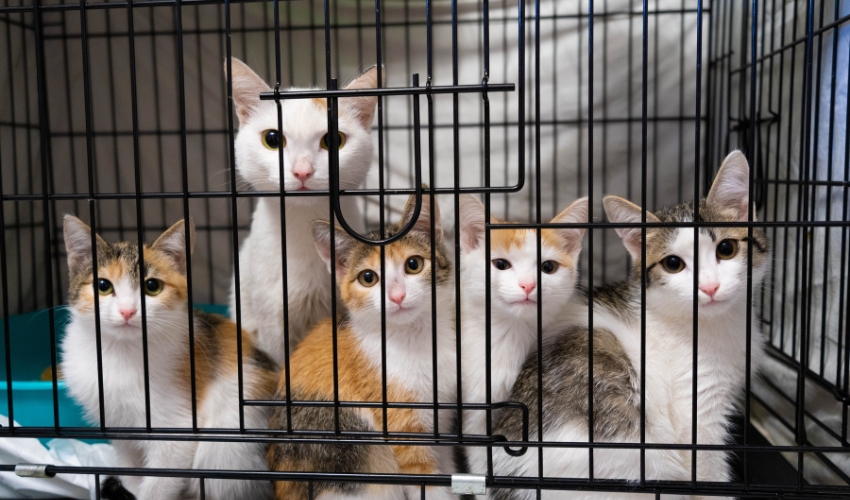As we all know, we are already aware of the positive impact rescues and shelters have on the lives of animals you save. But did you know that your passion also has a significant impact on the environment?
That’s right, your rescue efforts are not only saving animal lives but also contributing to a better environment for all living things!
Let’s take a closer look at how animal rescue impacts the environment.
Reduced Carbon Footprint
By rescuing animals, we reduce the demand for breeding facilities that release harmful greenhouse gases.
The carbon footprint of breeding facilities is enormous, with a significant portion coming from energy-intensive processes such as heating, lighting, and ventilation.
Animal rescue helps reduce the need for such facilities which then results in reduced carbon emissions.

Biodiversity Conservation
Animal rescue is an essential tool for conserving biodiversity. Rescuing animals prevent the extinction of certain species, which is critical for maintaining a healthy ecosystem.
A diverse ecosystem is better equipped to survive environmental disasters such as climate change, disease outbreaks, and other natural catastrophes.
Solution to Overpopulation
Another important way that animal rescue organizations help the environment is by reducing animal overpopulation.
When animals are left to breed without restriction, it can lead to overpopulation, which can harm the environment. Overpopulation can lead to increased competition for resources, which results in habitat destruction and even extinction.
Animal rescue organizations work to spay and neuter animals, preventing them from reproducing and reducing the overall population of animals in their locality.

Reduced Waste
When animals are rescued, they are given a second chance at life that they deserve. This means that they are no longer considered waste – instead, they are seen as valuable contributors to the ecosystem.
These rescues can be trained to assist with conservation efforts, such as detecting poaching activities or helping with reforestation projects.
Educating the Public
Finally, animal rescue organizations have a positive impact on the environment by educating the public about the importance of protecting animals and their habitats.
By raising awareness about environmental issues and the importance of nature conservation, we have the power to help in creating a culture of environmental responsibility.
In conclusion, animal rescues and shelters have a positive impact on the environment in many ways – you have an important role to play in preserving our planet’s biodiversity and natural resources.
Continue with your good work, and know your efforts are making a real difference!











